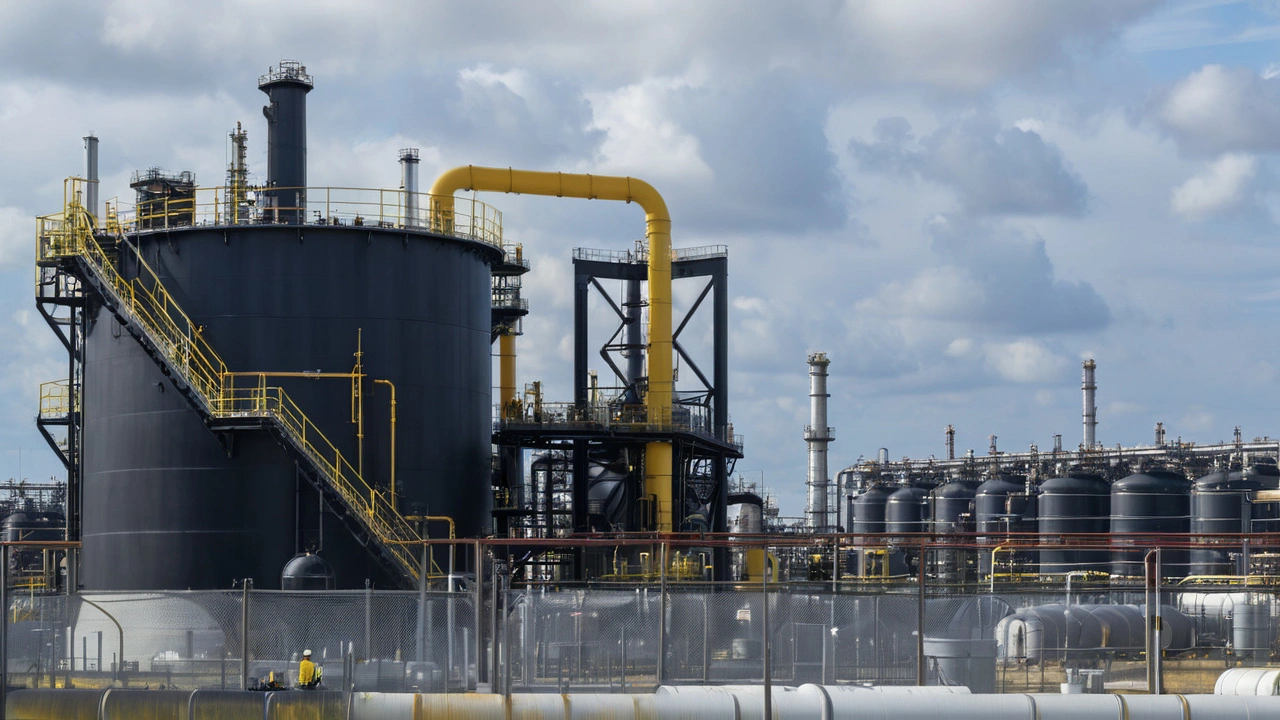Energy transition is all about changing how we produce and use energy. Instead of relying on fossil fuels like coal, oil, and natural gas, the world is moving toward cleaner, greener energy sources. This shift is essential to fight climate change and reduce pollution.
At its core, energy transition means replacing fossil fuels with renewables such as solar, wind, and hydro power. These sources don’t emit harmful gases that cause global warming. Plus, they're sustainable — meaning they won’t run out like oil or coal might.
We’re feeling the effects of climate change every day: extreme weather, rising sea levels, and health problems from air pollution. Scientists warn that sticking to fossil fuels risks making these issues worse. So many countries are setting targets to cut carbon emissions and invest in cleaner technologies. It’s not just about the environment; it’s about our health and future.
Another reason this transition matters is energy security. Renewables can be produced locally, reducing dependence on imported fuels that can fluctuate in price or supply. Plus, advances in battery storage and smart grid technology are making renewable energy more reliable than ever.
Switching to sustainable energy isn’t something that happens overnight. It takes time, money, and new infrastructure. Some industries and workers have to adapt as old methods phase out. Governments, businesses, and individuals all play a role in pushing this change forward.
If you’re curious or concerned about energy transition, keep tabs on your local energy policies and news. You can also take simple actions at home — like using energy-efficient appliances, switching to LED bulbs, or supporting clean energy providers. Every bit helps push this shift faster.
In short, the energy transition is a huge but necessary change that shapes our planet’s future. Understanding what it means and why it matters puts you ahead in being part of a cleaner, more sustainable world.
